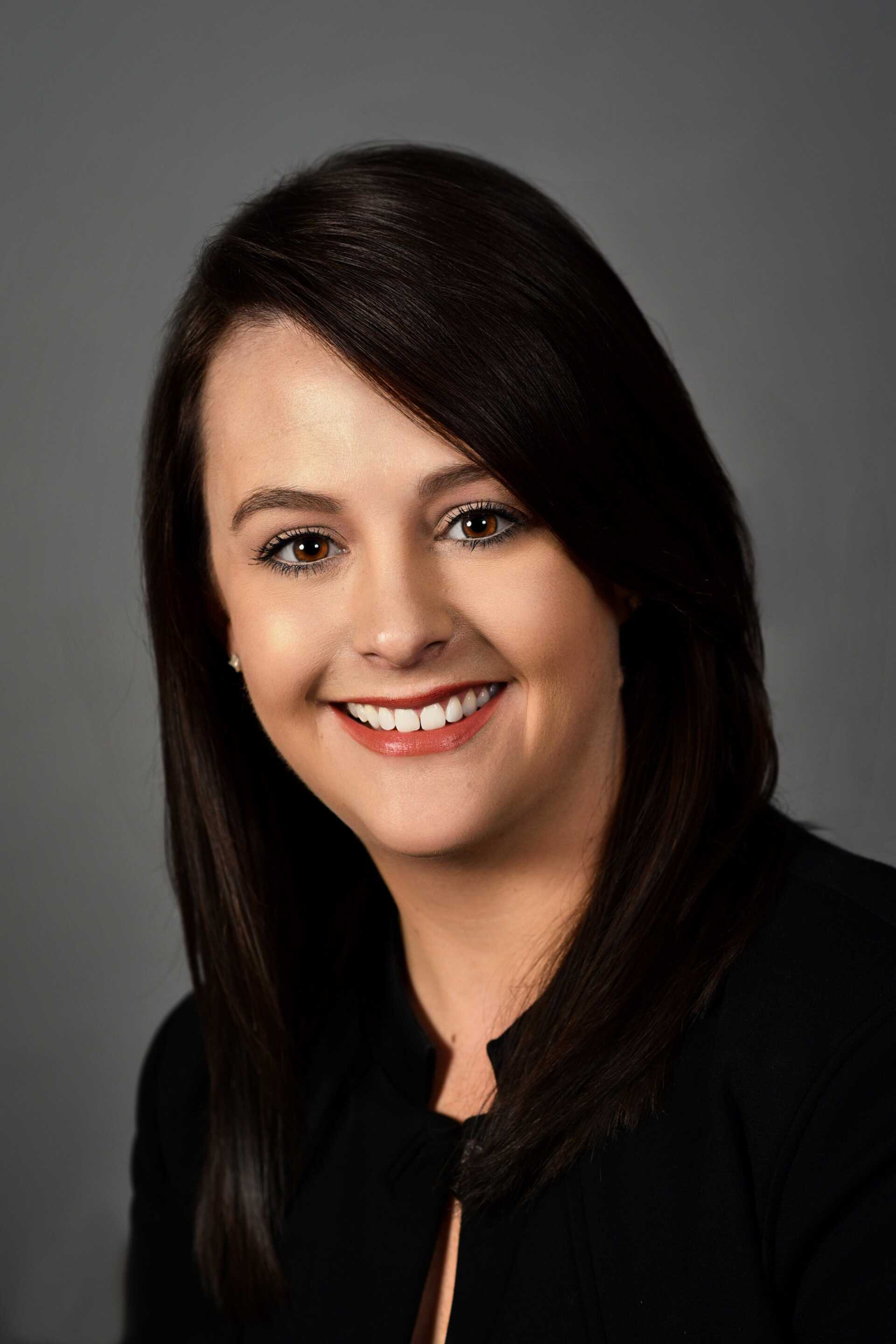Five Questions Everyone Should Ask a Prospective Financial Adviser
September 2, 2021
Are you looking to work with a financial adviser for the first time? Are you unsure of what questions to ask? Searching for an adviser can be overwhelming, and it can feel like a lot of pressure to find the right fit for your long-term goals. To help you narrow your search, here are the top questions I get asked by prospective clients.

Are you a fiduciary?
“Fiduciary” is the buzzword of the decade. A fiduciary is a person or organization that acts on behalf of another person(s), putting their clients' interests ahead of their own, with a duty to preserve good faith and trust. There are lots of different fiduciaries in the world and not just in the financial field. A board member, a parent, and an executor of an estate are all fiduciaries. You need to ask your financial adviser if they are a fiduciary. If they are not that means that they are held to a suitability standard. They only have to offer investments or products suitable for clients, which may not necessarily be in their best interests. It's a subtle difference, but it's a very important one.
How do you get paid?
This is one of the most important questions to ask and often sways a client's direction. Fee-only advisers charge an annual, hourly, or flat fee. The most common fee structure is to charge a percentage of assets under management quarterly. In this case, the adviser's fee is deducted from your account quarterly based on the portfolio value. However, they can charge an hourly or flat rate or in addition to the percentage of AUM. I have also seen advisers charge an additional flat rate fee for financial planning, depending on the situation's complexity. Commission-based advisers are paid on investments they sell. Every time an investment is bought or sold, the adviser makes a commission on that trade. I have seen every combination of those mentioned above, and firms continue to create new fee structures. Whatever the case, you need to understand what you are paying for the services provided.
Where do you custody?
Registered financial advisers are not allowed to come into physical contact with your assets, except to debit the fees they charge for their services. Instead, custodians have physical possession of your assets. Charles Schwab, Fidelity, and TD Ameritrade are three of the largest custodians. The custodian provides four primary services:
- Process transactions when securities are bought and sold
- Collect dividend and interest payments
- Make distributions
- Produce monthly statements that document holdings, cost basis, and current market value
When you select a financial adviser make sure you know what custodian will have physical possession of your assets. This information should be fully disclosed in the advisor's service agreement.
What services do you provide?
The short answer is financial advisers help people manage their money. Some financial advisers are more skilled in financial planning, while others may focus on investment strategies, tax planning, or insurance solutions. As you can see, financial advisers have many different specialties. You need to find an adviser who will suit your needs.
What's your experience?
Are specific credentials vital to you as a client? There is almost an endless number of certifications and qualifications that an adviser can obtain. Some financial credentials to check for include CFP, CFA, and CPA. These designations are worthy of your attention as they follow rigorous qualification criteria regulated and monitored by various state and local agencies.
As you have probably figured out by now there are many facets to the financial services world. But finding a local professional financial adviser doesn't have to be hard. Do some research on what type of financial adviser is best suited for you, check their qualifications, and then meet with two or three firms before making a decision. The kind of financial adviser best suited to your needs will differ depending on your current financial situation and your goals. Here at CapWealth we help prospective clients determine if we are a good fit and we are glad to answer all your questions.
Jennifer Pagliara, CFP, CTFA, is an executive vice president and financial adviser at CapWealth and a proud member of the millennial generation. Her column speaks to her peers and anyone else that wants to get ahead financially. For more information about Pagliara, visit capwealthgroup.com.














